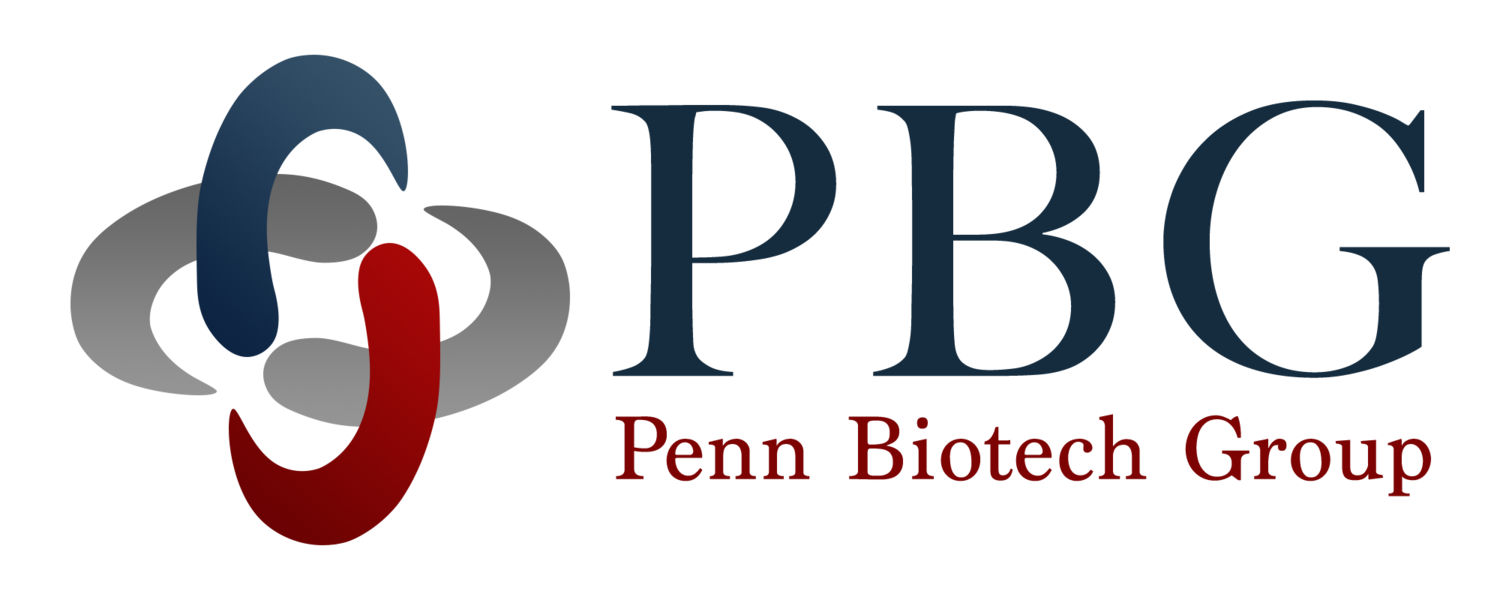Session 2-B: Biotech Entrepreneurship: Building Startups for Success
Click on their image to learn more about each speaker
Joshua Reynolds, PhD
Founder and CEO, Atlas Biotech
Thomas Kim, MS, JD
President and CEO, EpiVario, Inc. & ReEngage Therapeutics; Biotech Executive; Entrepreneur; Corporate and Patent attorney
Hongbo Zhao, PhD
Venture Capitalist, Gaorong Ventures
Benjamin Doranz, PhD
President and CEO at Integral Molecular
Moderater: Neil A. Ray, MD
Assistant Professor of Clinical Emergency Medicine
Instructor, Department of Bioengineering
Pre-panel Q&A
Question: What advice would you give to early-stage biotech founders on assembling a diverse and skilled team that can drive both scientific discovery and business execution?
Answers: “Surround yourself with people who know more than you do and want to keep learning more. No one knows everything, so to make the right decisions you need people who bring different perspectives and areas of expertise to the table. Your job is not to know everything, it's to get all the information and make the right decisions. People who are interested in constantly learning are driven and self-motivated, the kind of people that will get things done even when no one is looking.”— Benjamin Doranz, PhD
“One of the most important skills a founder needs to develop is the ability to identify opportunities for growth in both their team and themself. Speaking from personal experience, it can be challenging to admit that you're not well equipped to handle a core aspect of your business. Once you acknowledge you need support in a certain area, you can determine if that support would be best provided by a mentor, a consultant, or a full time hire.Early hires can be make or break for a startup. I've found that putting together a thorough job analysis prior to interviewing candidates can help define the critical skills I need to secure in a new team member. That being said, I would also caution against immediately hiring the "most qualified" candidate. Having a team that works well together and amplifies each other will lead to a much more successful and stable organization than a room full of geniuses who don't get along.” — Joshua Reynolds, PhD
“People decisions are so personality dependent. There are the resume tick-the-box items you must have but then the rest is a combination of:
a) dependability
b) interpersonal fit
c) think outside your core function
If you can find people that you have worked with, or know someone who can refer, that is optimal. For the balance of science and business, don’t be too infatuated with big, fancy degrees. Make sure they can talk and have passion around science, but they are passionate about translating and developing a real product. How do they work with finance, with legal, with BD? If you can see their career growth, those are all signs pointing to the right person.”— Thomas Kim, MS, JD
“From my experience, most early-stage startups tend to overestimate the importance of assembling a high-level team from day one. In reality, it's the founder who matters most. The founder should be diverse in skills and mindset, capable of driving both scientific discovery and business execution from the very beginning. The founder is the core engine of the startup — everything starts there.When it comes to team members, what truly matters is growth potential and determination. They don't need to be a tier-1 team at the start, but they should have the capacity to learn quickly and grow into one as the company evolves. Determination is especially crucial — it's what fuels their development and keeps the momentum going through the toughest phases.”— Hongbo Zhao, PhD





